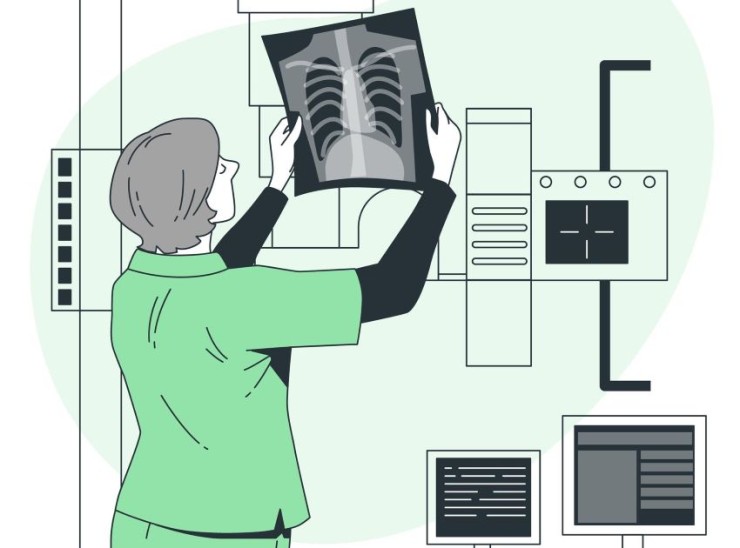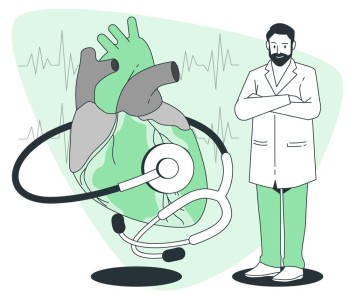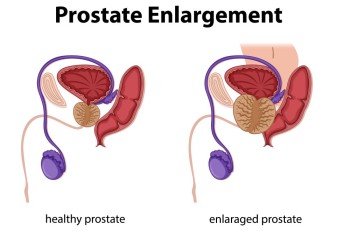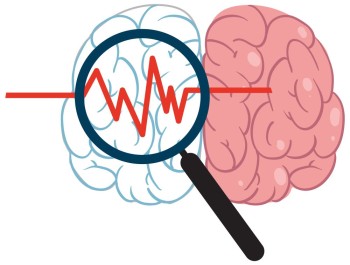
Medical imaging, particularly Magnetic Resonance Imaging (MRI), has become an indispensable tool in the field of healthcare. When it comes to assessing the chest area, MRI Chest emerges as a powerful diagnostic technique.
MRI Chest Scan with Cost
Detailed Information on MRI Chest
Medical imaging, particularly Magnetic Resonance Imaging (MRI), has become an indispensable tool in the field of healthcare. When it comes to assessing the chest area, MRI Chest emerges as a powerful diagnostic technique. In this detailed exploration, we'll delve into the nuances of MRI Chest, examining its procedure, significance, and the wealth of information it provides.
Introduction
MRI Chest is a specialized imaging procedure focused on capturing detailed images of the chest region. It employs a combination of strong magnetic fields and radio waves to produce high-resolution images, offering insights into various structures within the chest cavity.
Understanding the Basics
What is MRI Chest?
MRI Chest is a non-invasive imaging technique designed to visualize the organs and structures within the chest, including the heart, lungs, blood vessels, and surrounding tissues. It provides detailed cross-sectional images, aiding in the diagnosis of a wide range of chest-related conditions.
Why is it performed?
MRI Chest is performed for a multitude of reasons, ranging from evaluating cardiac health and detecting abnormalities in the lungs to assessing blood vessels and identifying potential tumors or inflammations in the chest cavity.
Preparation for MRI Chest
Before undergoing an MRI Chest, patients typically receive specific instructions to ensure optimal imaging results. This may include guidelines on fasting, removing metallic objects, and informing the healthcare team about any pre-existing medical conditions or implanted devices.
Procedure of MRI Chest
The MRI Chest procedure involves the patient lying on a motorized table that moves into the MRI machine. As the machine generates detailed images, it provides a comprehensive view of the chest structures. The duration varies but is generally around 30 to 60 minutes.
Significance of Detailed Imaging
The detailed images obtained through MRI Chest play a crucial role in diagnosing and understanding various chest-related conditions. From cardiac abnormalities to respiratory issues, the precision of MRI Chest aids healthcare professionals in formulating accurate treatment plans.
Common Indications for MRI Chest
MRI Chest is commonly recommended for individuals with suspected cardiac problems, respiratory disorders, or unexplained chest pain. It is also valuable in assessing the extent of certain chest-related diseases, including tumors or infections.
Distinguishing Features of Chest MRI
What sets MRI Chest apart is its ability to capture intricate details of the chest anatomy. Unlike other imaging modalities, MRI provides a clear visualization of soft tissues, making it particularly useful for assessing the heart, lungs, and surrounding structures.
Interpretation of MRI Results
Interpreting the results of an MRI Chest requires the expertise of a radiologist. These healthcare professionals analyze the images, identifying any abnormalities or conditions present in the chest. The results are then communicated to the patient and their primary healthcare provider.
Benefits and Limitations
Advantages of Detailed Imaging
The high-resolution images produced by MRI Chest offer unparalleled clarity, allowing for the early detection of conditions and precise assessment of the chest region. This aids in timely intervention and improved patient outcomes.
Limitations and Potential Alternatives
While MRI Chest is highly effective, certain conditions or implanted devices may limit its use. In such cases, alternative imaging methods, such as CT scans, may be considered. Understanding these limitations ensures that the most appropriate diagnostic approach is chosen.
Technological Advances in Chest Imaging
Advancements in MRI technology continue to enhance the capabilities of MRI Chest. State-of-the-art machines equipped with advanced software provide clearer images and improved diagnostic accuracy. These technological strides contribute to better patient care and treatment outcomes.
Patient Experience and Comfort
Addressing patient concerns is a priority during MRI Chest. The procedure is non-invasive and generally well-tolerated. The absence of ionizing radiation adds to the safety of the imaging process. Patients are often encouraged to communicate any anxieties or discomfort to ensure a positive experience.
Post-MRI Care and Follow-up
Following an MRI Chest, patients are usually provided with post-scan care instructions. This may involve resuming normal activities, staying hydrated, and scheduling follow-up appointments to discuss the results with their healthcare provider.
Insurance Coverage for MRI Chest
Understanding the coverage of MRI Chest under health insurance is essential for patients. While it is generally covered, the extent of coverage may vary. Patients are advised to check with their insurance providers to ascertain details and potential out-of-pocket costs.
Educational Resources for Patients
The journey with MRI Chest extends beyond the imaging procedure. Educational resources, both online and provided by healthcare professionals, assist patients in comprehending the findings, potential implications, and the recommended course of action.
Conclusion
In conclusion, MRI Chest stands as a pivotal diagnostic tool, providing detailed insights into the chest region. Its significance in the early detection and accurate diagnosis of various conditions contributes significantly to patient care. Prioritizing chest health through regular check-ups and informed decision-making empowers individuals to take control of their overall well-being.
FAQs (Frequently Asked Questions) about Chest MRI
Are there any side effects associated with MRI Chest?
MRI Chest is generally safe with no known side effects. It does not involve ionizing radiation, reducing the risk of adverse reactions.
Can MRI Chest detect heart-related issues?
Yes, MRI Chest is effective in visualizing the heart's structures and can detect abnormalities such as heart defects, valve issues, and coronary artery diseases.
Is MRI Chest suitable for children?
Yes, MRI Chest can be performed on children. However, sedation might be considered for younger patients to ensure they remain still during the procedure.
How often should someone undergo MRI Chest for routine check-ups?
The frequency of MRI Chest for routine check-ups depends on individual health factors. It is typically recommended based on specific symptoms or risk factors.
What should I wear during an MRI Chest procedure?
Patients should wear comfortable, loose-fitting clothing without any metal components. In some cases, a hospital gown may be provided for the scan.
Can MRI Chest detect lung conditions like pneumonia or lung cancer?
Yes, MRI Chest can provide valuable insights into lung conditions, although other imaging methods like CT scans are often preferred for lung evaluations.
Is there any specific age limit for undergoing an MRI Chest?
There is generally no age limit for MRI Chest. The procedure is safe for individuals of all ages, including children and older adults.
Can I have an MRI Chest if I'm pregnant?
While MRI is considered safe during pregnancy, it's typically avoided during the first trimester unless absolutely necessary. Consult with your healthcare provider to assess potential risks and benefits.
What happens if I'm claustrophobic during the MRI Chest procedure?
If you're claustrophobic, inform your healthcare provider beforehand. They may offer strategies to help you manage anxiety or, in some cases, consider alternative imaging methods.
How soon can I resume normal activities after an MRI Chest?
In most cases, patients can resume normal activities immediately after an MRI Chest. However, if sedation was administered, it's advisable to have someone accompany you and avoid strenuous activities for the rest of the day.
Feel free to ask if you have more specific questions or if there's anything else you'd like to know!
(0)
Login to continue



